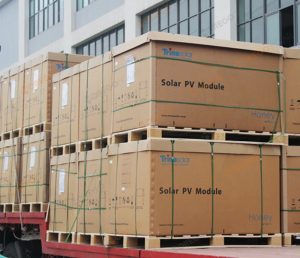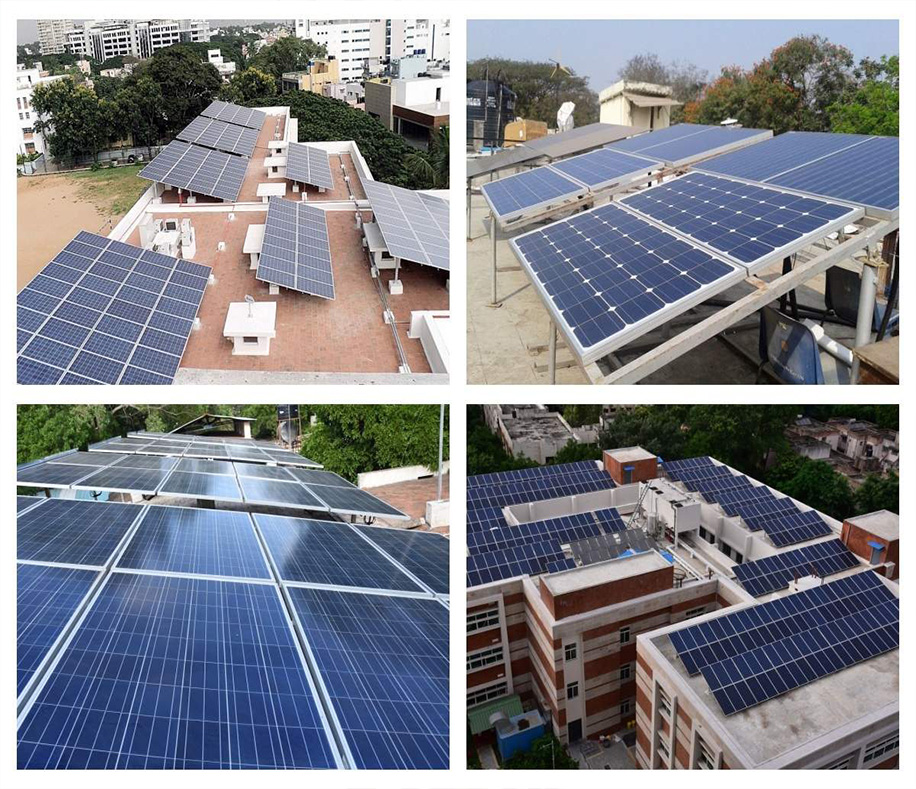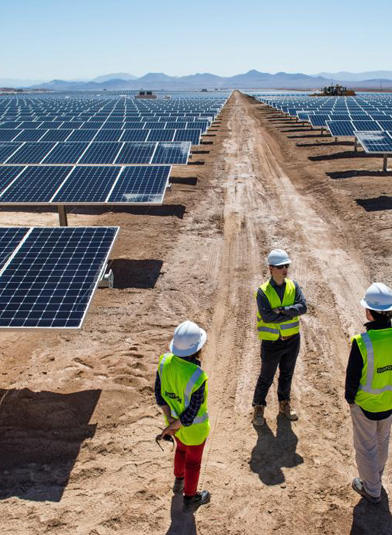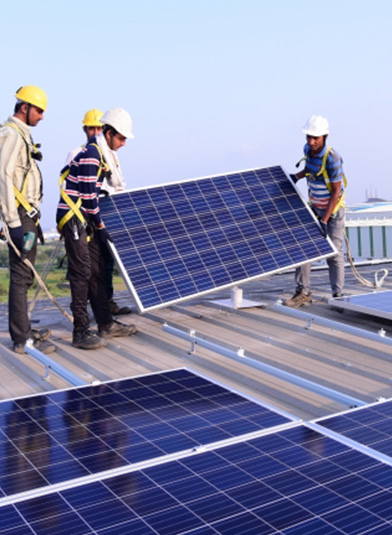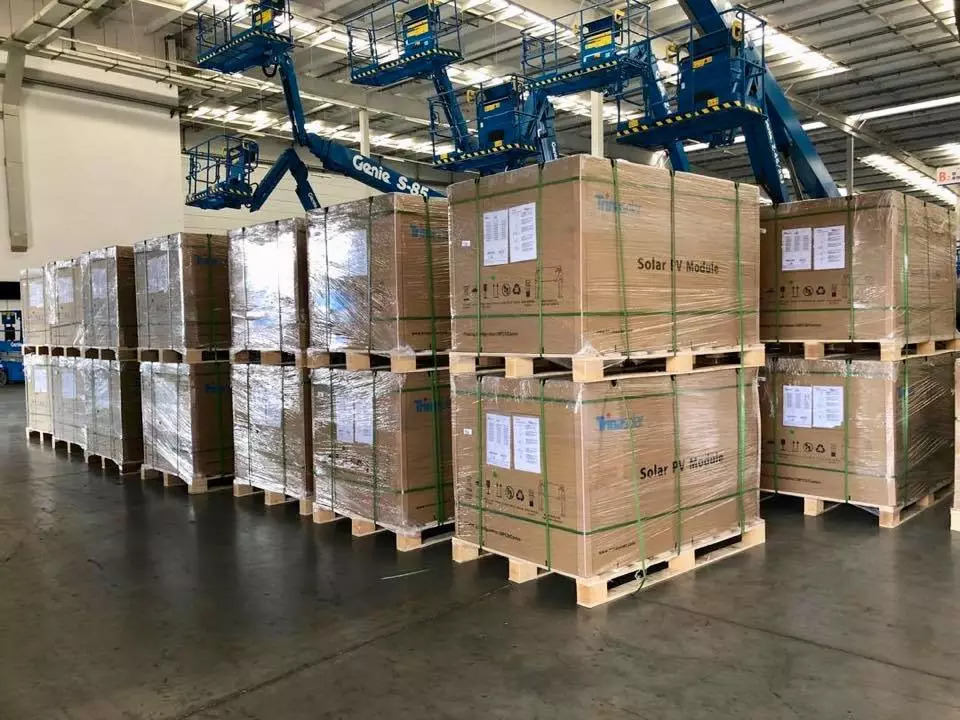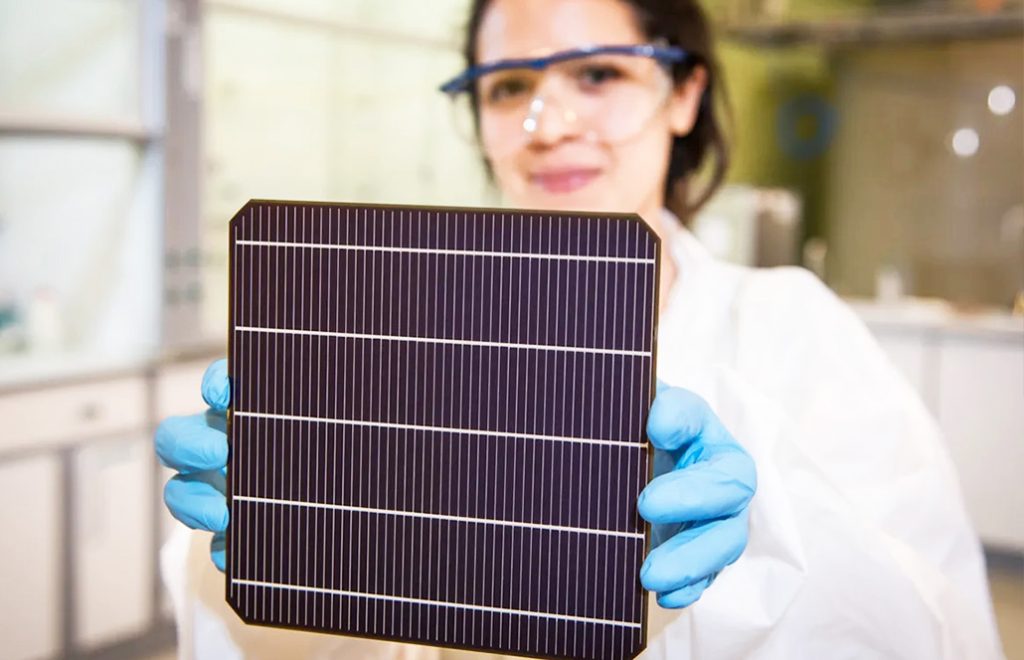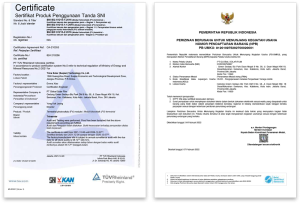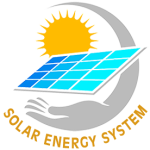ENVIRONMENTAL BENEFITS
Cuts Energy
Using solar panels means that you reduce the amount of energy that you use from the grid. You can even use solar batteries to keep your home powered at night. This saves energy, and also reduces the amount of pollutants being released every day.
No Emissions
Solar energy relies purely on capturing light from the sun and converting that energy into electricity or heating for your home. It can even reduce your carbon footprint by 80% in one year. This means you are not producing any greenhouse gases or harmful emissions contributing to global warming.
No Maintenance
When gas boilers break down and other forms of the conventional heating crash, we often get them replaced, or they require invasive repairs. These can contribute to the harmful emissions we produce every day, which are unsuitable for the environment. The manufacturing process for solar panels is also not entirely ideal as there is a bit of harmful waste, but the fact they don’t need any maintenance means that they run green.
Renewable
Solar energy is a form of renewable energy. Until the sun dies, the energy it supplies us will not run out. Fossil fuels are what we use most frequently at the moment, and they are not renewable energy sources. We are already running out, and using them also causes damage to our planet. One less household using them can have a considerable impact.
Technology Development
Technology in the solar power industry is constantly advancing, and improvements will intensify in the future. Innovations in quantum physics and nanotechnology can potentially increase the effectiveness of solar panels and double, or even triple, the electrical input of the solar power systems.
Improves Grid Security
A grid with high penetration of solar energy has thousands of energy production centers that are widely spread out. This improves the grid’s security in case of overload or natural or human-caused disasters. The grid is less vulnerable to blackouts if many power plants are spread out.

